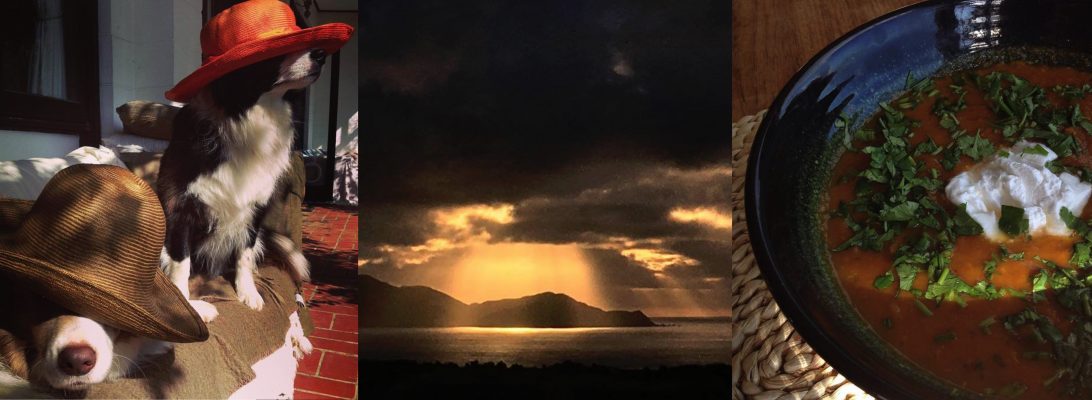Several times in the last few months I’ve sat down to write a blogpost.
About the age old practice of storytelling.
About growing food.
About permaculture.
About developing this beautiful place at Peka Peka.
About finally, FINALLY, launching ElementAll.
About figuring out what balance means and how to effectively – and joyfully – integrate my ‘work’ with the rest of my life.
But each time I’ve sat down to write, I’ve got no further than a few paragraphs before a little voice says ‘Why aren’t writing you about the miscarriages?’
Why aren’t I writing about the miscarriages I’ve had?… Good question. Because even though I’ve been fairly open with close friends and family about being pregnant and then losing the baby, there is still a part of me that says ‘Ssssh, you’re not supposed to talk about it’. The cultural norm being not to tell people you’re pregnant until twelve weeks. Although personally, I’ve found that impossible… Simply because I haven’t had the energy to make up a believable story when I order decaf or turn down a glass of wine or go home for a lie down mid afternoon because I just. Can’t. Stay. Awake. For me, it has simply been easier to tell people. Then after the first miscarriage, when the simple joy of discovering I’m going to have a baby came with an edge of potential loss, it seemed better to tell people so there was a support group already waiting in the wings if something happened.
Why haven’t I written about the miscarriages? Because to be perfectly honest apart from not being sure as to whether I ‘should’ say something, I don’t know what to say. They were hard? Yes, they were hard. My mind and body has been on a rollercoaster of hormones I’m only just recovering from. I could — should — have bought shares in Earthcare tissues. I’ve experienced disliking dark chocolate for the first time in my life… I knew I was pregnant before I took the test because one day I woke up and the smell of dark chocolate made me faintly nauseous. I’ve been admitted to hospital for the first time in my life and found that remarkably disempowering. I’ve had more blood tests in the last six months than the rest of my life — I’ve heard the same jokes from the technician at Aotea Pathology almost enough to recite them.
My Traditional Chinese Doctor told me that in Traditional Chinese Medicine a miscarriage is called a little birth. I’ve had three little births in six months. To be honest, everything else I’ve experienced kind of pales in comparison. Apart from maybe Adam, the father of these little-lost-babies, who has been amazing. AMAZING.
I’m not sure I can, or want to say more. To family and friends who’ve been here in support, thank you. Thank you thank you thank you. To those of you who’ve sent me emails and waited weeks for answer, I’m sorry and thank you for being patient. And to my long suffering dogs, thank you for many many snuggles and understanding when some days there is no beach.
Why haven’t I written about the miscarriages? Because in spite of writing about a number of very personal things here previously somehow this felt too close. Too personal. But I’ve finally decided to write about this for two reasons. The first is because I need to if I’m going to write anything else. There is an elephant in this writing room and I can’t write about other things until I share this story. Secondly, I – and this is my own very personal opinion – feel strongly that we need to create a culture where people do feel more comfortable talking about pregnancy early and miscarriage. Life is precious and sometimes precarious. The reality of women in their late 30s and 40s having babies is loss is more likely. This is hard, I kind of think we don’t need to make it any harder by feeling as if we have to cloak the experience in secrecy.
So. I think that’s it. I’ve had three miscarriages. It’s been tough. I’m getting my energy back. I have more stories to share.




